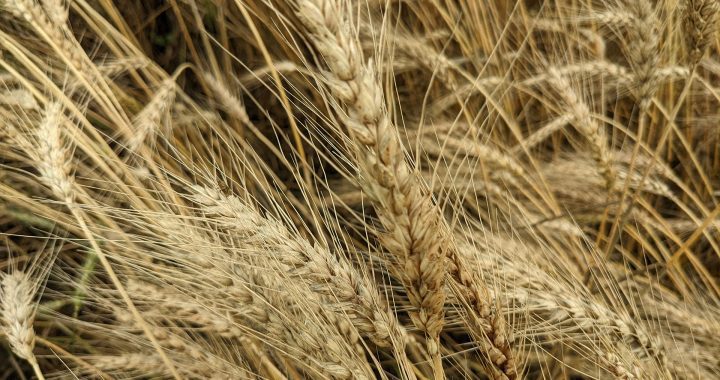A new study published in the academic journal Land says that harvesting trees is severely damaging the boreal forest and wildlife in Quebec and Ontario.
“While tropical forests have been the focus of extensive research on biodiversity losses from deforestation and degradation [8], the boreal forest biome also contains globally significant environmental values that are at risk,” the study said in its introduction.
In Quebec, the boreal forest covers almost one-third of the province and is home to about 30 Indigenous communities whose traditional practices and cultural activities are being affected by Canada’s logging industry.
“It was kind of shocking because you look at the maps, and it’s like, ‘holy cow, they have cut the heck out of it.’ They have cut a lot of boreal forest,” said Jay Malcolm, a professor emeritus from the University of Toronto who participated in the study.
Using data spanning over forty years from Quebec and Ontario, researchers found that commercial logging has immensely degraded the boreal forest and severely impacted its diversity.
Malcolm explained that forest diversity is affected by harvesting old trees.
“You now focus the forest towards these younger age classes, and you have lost the older age classes, which reduces the diversity of the forest, the wildlife that live there. The kind of services that the boreal forest provides,” Malcolm said.
The professor said that this loss of diversity has contributed to the decline of the caribou in Quebec, where hunting caribou remains an important means of subsistence for Indigenous communities.
Jean Roch Ottawa, an Atikamekw forestry entrepreneur from Manawan, said that the boreal forest has undergone major changes over the decades.
“It’s also destroying the First Nations inhabitants, because there are still many who live in these forests,” Ottawa said.
But Ottawa, who has spent 30 years working in forestry and employs about 70 people from Manawan, emphasized that commercial logging is an important revenue source for First Nations.
“Remote communities have socio-economic problems and I think it’s important to get these people working,” he said.
However, Ottawa said there needs to be a balance between maintaining commercial logging activities and protecting the boreal forest.
David flood from the Matachewan First Nations in northeast Ontario has been working in land management and forestry for many years. He said First Nations need to be leading conservation efforts.
“The question is are we part of the people? Are we going to put these covenants in place with better respect? And honour the integrity of the relationship and allow indigenous people to be part of the world solution on climate action and climate change?” Flood said.
Professor Malcolm said that it is not too late to save the boreal forest and reverse some of the impacts.
“Instead of planning to come in and harvesting every eighty years or every hundred years which you would like to do to maximize timber revenue, what about if for some areas impose a rotational length of two hundred years,” Malcolm explained, adding that the boreal forest is crucial to fighting climate change.









